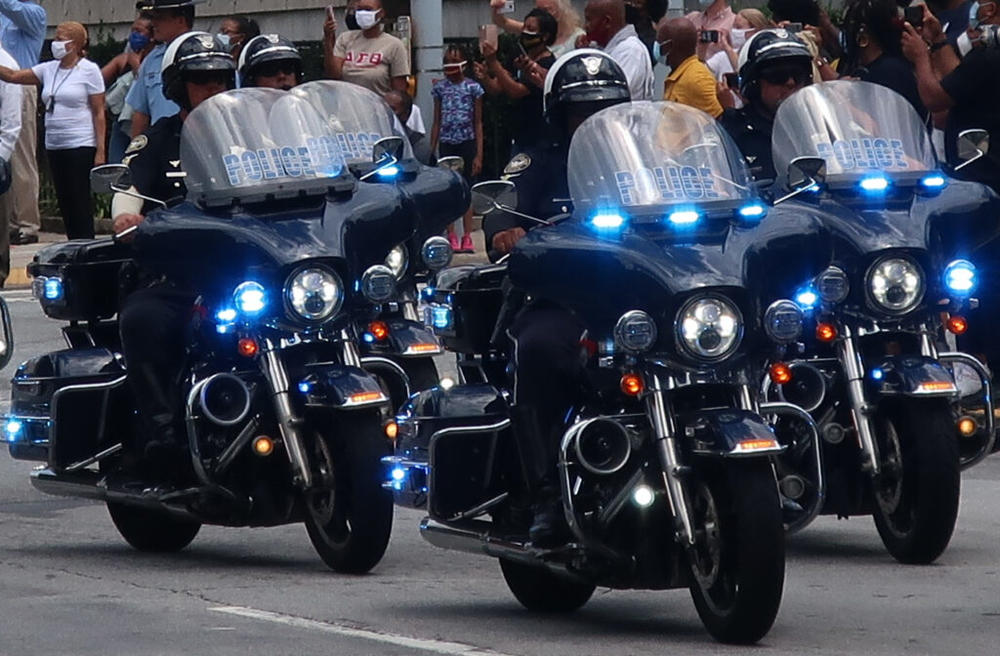
Caption
Georgia Lt. Gov. Geoff Duncan’s $100 million tax credit legislation will allow residents and corporations to make donations to law enforcement foundations that will be used to hire new officers and provide better pay and training.
Credit: Stanley Dunlap/Georgia Recorder

